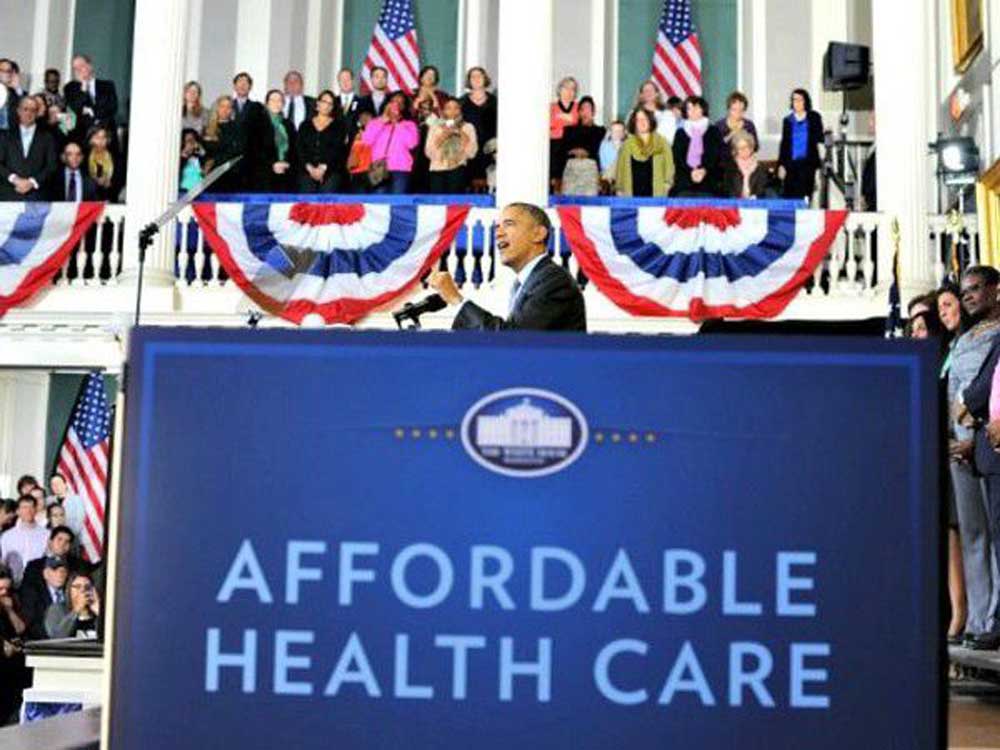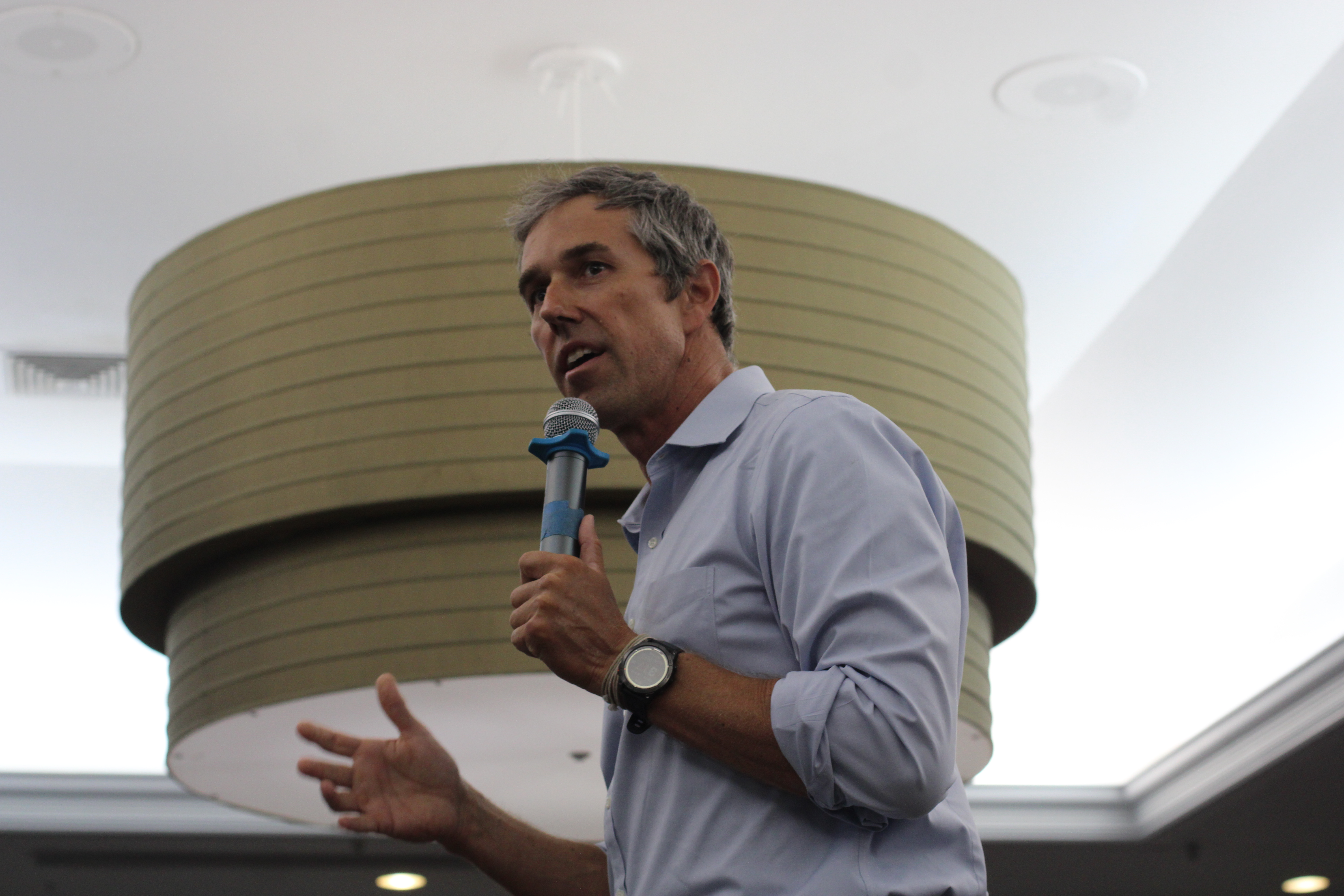Editorial: ‘Public option’ health care will mean less choice, less care
Published 4:02 pm Monday, October 31, 2016

- AP
Let’s face it. The Affordable Care Act can’t be fixed – or tweaked, as President Obama has said. It must either be abandoned wholesale (“repealed and replaced”) with a system with more free market incentives in it, or it must evolve, perhaps as designed, into either a single-payer system or a system with a “public option” insurance plan.
That’s not overstating the case; the math is clear. Not enough young, healthy people are paying into the Healthcare.gov marketplace to make it profitable for insurance companies to provide the necessary care for the older, sicker clients. Increasing the penalties won’t help – too many young people say they simply can’t afford the high premiums and will take their chances.
So it’s reasonable to ask what a single-payer system might look like. We actually have to models to look at in which the government is either the primary caregiver (the U.S. Department of Veterans Affairs), or the primary insurer (Medicare).
At this point, no one is seriously proposing a VA-style system (similar to Britain’s National Health Service), in which the government employs the doctors and health care workers and runs the hospitals.
But there’s increasing support for a public option – sort of a “Medicare for All” plan.
“Rejected during the 2009 Obamacare debate as too controversial and unnecessary, the public option – in which the government offers insurance that competes directly with private and nonprofit plans – has been resurrected this year by Democrats who say it’s the only way to rescue President Obama’s struggling health care law,” the Washington Times is reporting. “Pressured by Sen. Bernard Sanders, Democratic presidential nominee Hillary Clinton and Democrats down the ballot have embraced the idea. Even Mr. Obama has embraced it again, saying it should serve as a fallback plan in regions where company and nonprofit plans have failed.”
How would it work? Writing in Conservative Review, policy analyst Josh Withrow says it will mean fewer choices for Americans.
“What’s so bad about government-controlled insurance?” Withrow asks. “Anyone who has had Medicaid, Medicare, or TriCare can tell you – your choices are strictly limited, and the service is frequently lousy. And if you don’t like it, you can’t go shopping for an alternative, because there isn’t one. We’re being forced into an ever tightening box of mediocre government health care, where all the choices of what care you’re allowed to receive, what doctors you can see, what treatments you can try, are defined by government bureaucrats you’ll never meet.”
The American health care system was sick before, but the answer was never “more government.” And increasing federal control of the health care system will have a profound effect.
“We’re going to be told unceasingly by (mostly) Democrat politicians for the next several years that the only option left to us – in a market that has supposedly failed – is for the government to step in and provide a public option,” Withrow warns. “What you’ll be missing out on, if the government is granted this control, is innovation, competition for your business, choice, and transparent prices for your care.”







